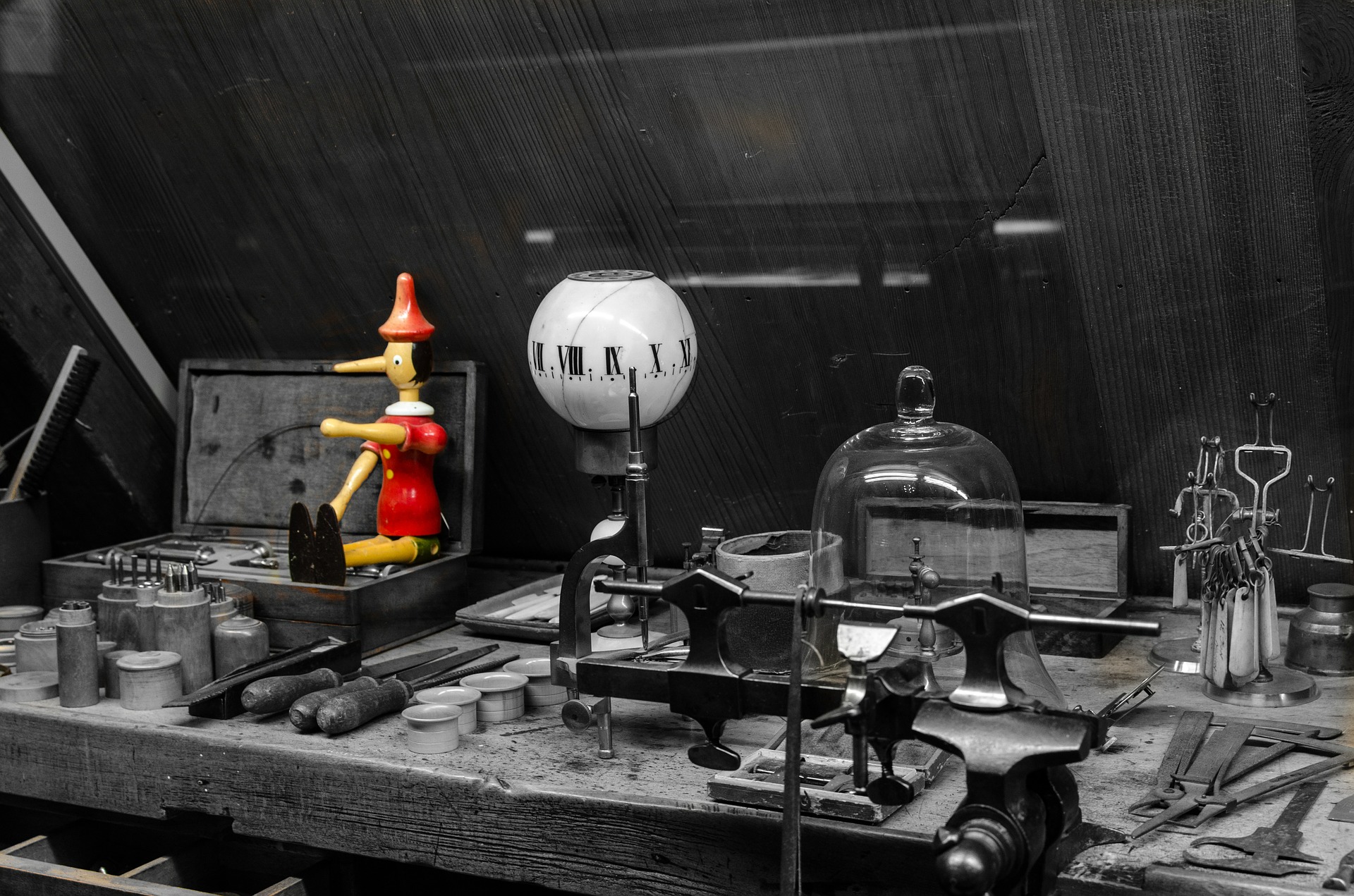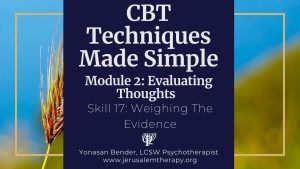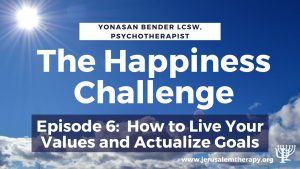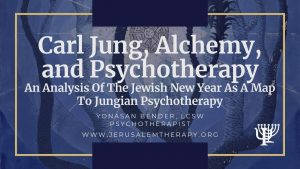The quickest way to end a relationship is to lie. It doesn’t matter which kind. Small lies, big lies, stupid lies. Enough white lies also do. Luckily, there’s enough risk that few make this a serious habit. The dark appeal is it’s a great short-term strategy. “Didn’t I leave 200 shekels out for you?” The husband asks. Looking far too naïve the wife shoots back, “I didn’t notice anything.” The bracelet looks great on her. Sooner or later, though, the husband’s going to come around asking where it came from. No normal person is creative enough to keep this up as a long-term strategy on top of the fact it wears on your soul.
Lying gets more deceptive when doing it to yourself. It’s not just we can’t see the normal tells: looking down and a slight tongue protrusion pushing out the rancid taste of falsehood. It’s harder to catch for a more fundamental reason. Self-lies tell a more flattering story than the uncomfortable truth life tell. “I’m more competent than this guy. I was unfairly overlooked for the promotion.” “I couldn’t have been clearer. I surrounded by idiots!”
While lying to others temporarily reduces the burden of responsibility they’ll inevitably extract from us, lying to ourselves permanently reduce the pain of personal failures. Who except ourselves would ever hold us to that truth and why would we? But it’s these lies that keep the pain coming, all be it in small doses. They’re the silent snake we don’t notice. eventually, we’re in its iron grip.
How do you escape? Paradoxically, the less attached to being “good,” the more you’ll get to be good. The less committed to being a “victim” the more likely you won’t end up as one. The key is self-compassion. By not limiting your identity to the two-dimensional roles like good and bad (with good being the only option), you stop filtering life’s experiences through it. Possibilities open. Life can be “the great teacher” putting you on the right path. Sure, you’ll have to accept being clued out or at fault sometimes – a tax for the wisdom and opportunities self-compassion brings. The kindness of seeing, accepting, and forgiving your faults nurtures the iron motivation needed to actually overcome them.
——————-
Rabbi Yonasan Bender LCSW graduated from Hebrew University’s School of Social Work. He works with adults, couples, and children from his private therapy practice in Jerusalem. He holds several semichos from Rav Yitzchok Berkovits, shlita. To share your thoughts, experiences, questions, or a different perspective, you can reach Rabbi Yonasan Bender LCSW at 053-808-0435 and at jerusalemtherapy@gmail.com or check out his website at www.jerusalemtherapy.org.




